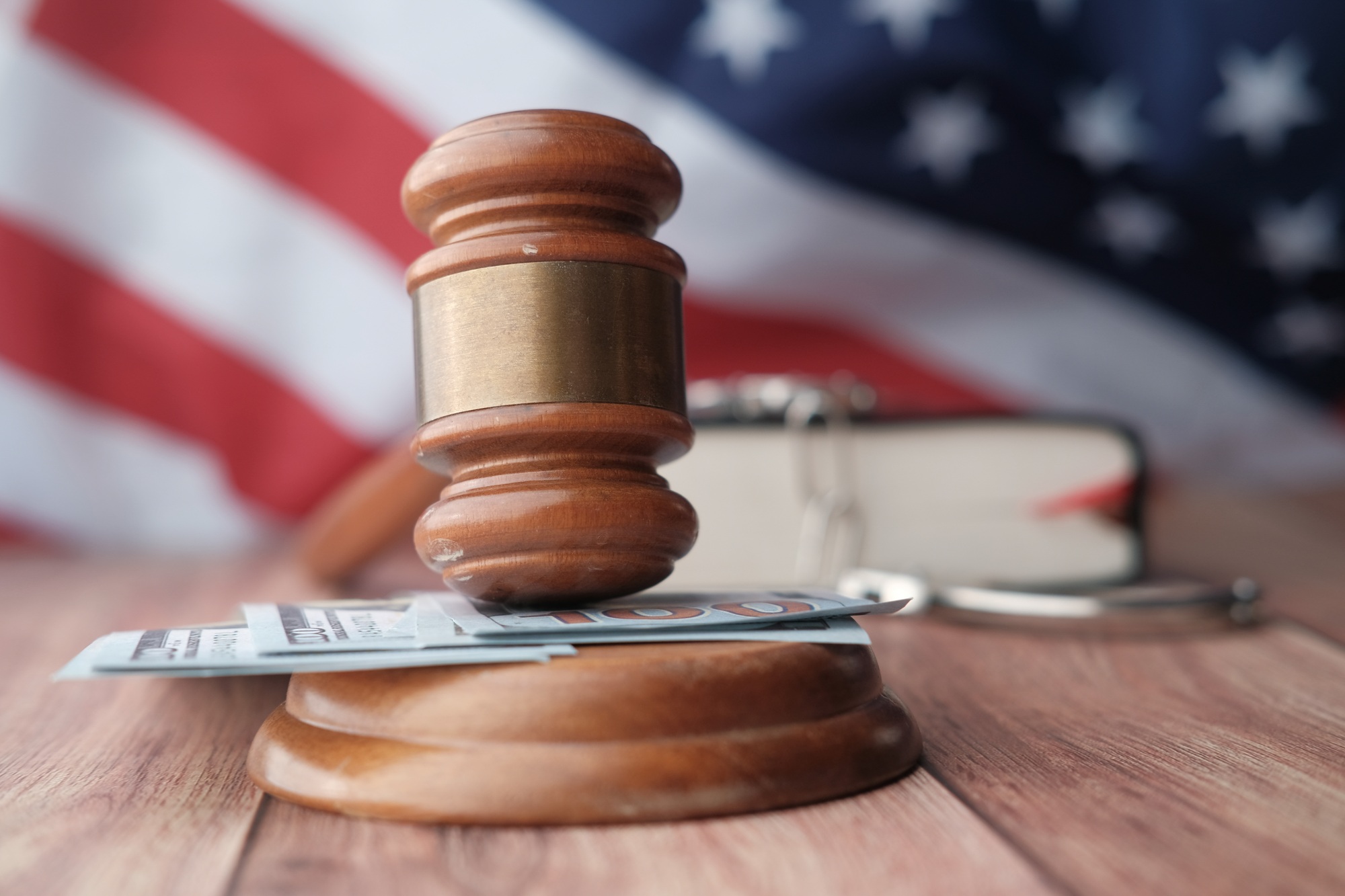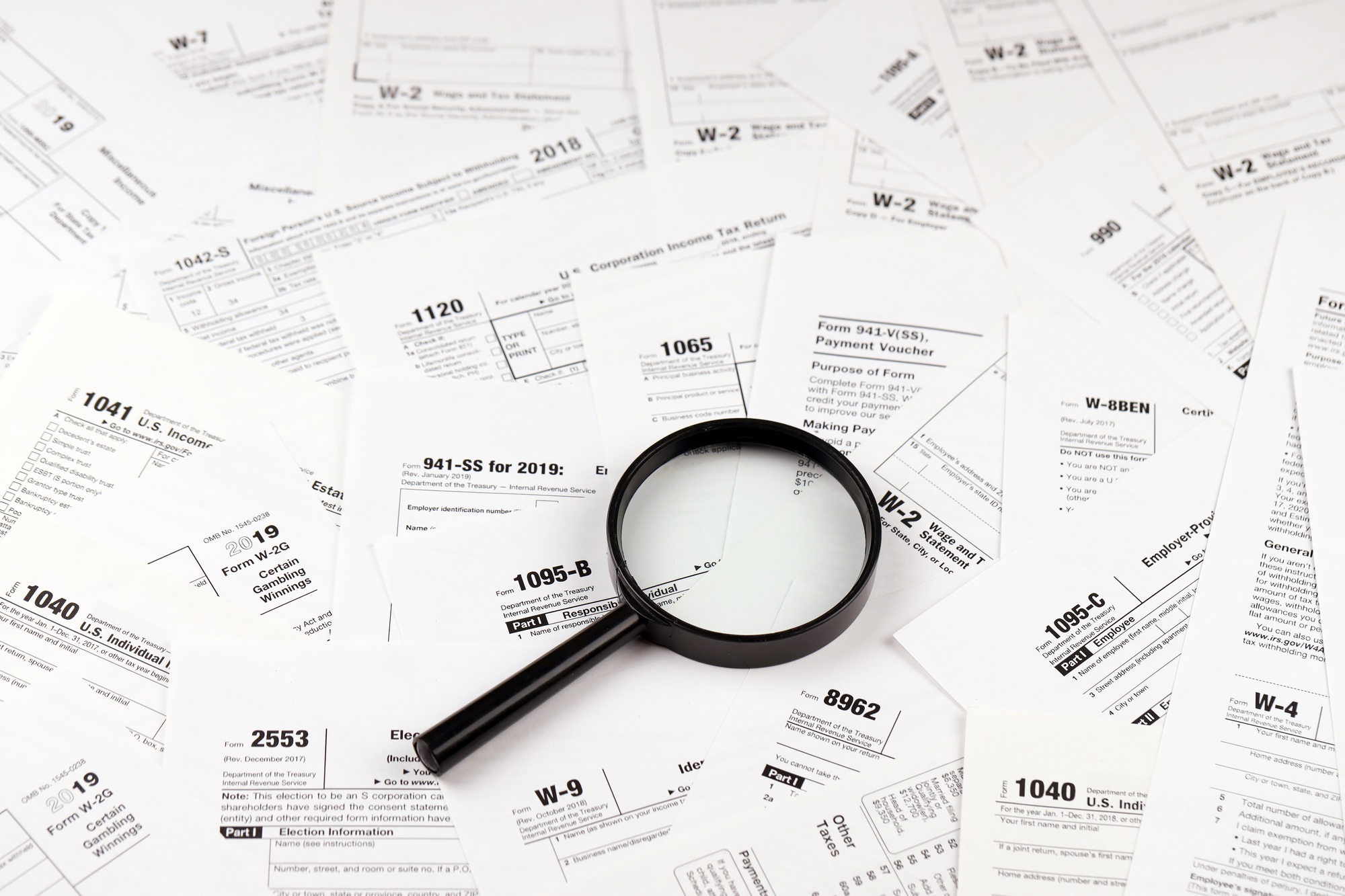Key Takeaways

- Understanding PPP Fraud: PPP fraud involves fraudulent activities that exploit the Paycheck Protection Program, undermining financial assistance meant for legitimate small businesses during the COVID-19 pandemic.
- Common Tactics: Fraudsters often misrepresent employee counts, falsify operational status, and manipulate financial documentation to secure ineligible loans or larger amounts.
- Legal Risks: Engaging in PPP fraud can lead to severe legal repercussions, including criminal charges, significant fines, and reputational damage to your business.
- Economic Impacts: PPP fraud distorts market fairness by diverting resources from legitimate businesses and erodes public trust in financial assistance programs, complicating economic recovery.
- Prevention Strategies: Small businesses should maintain accurate records, understand PPP requirements, conduct internal audits, and stay informed to guard against potential fraud.
- Reporting Suspicious Activity: Prompt reporting of suspected fraud is crucial for protecting your business and maintaining the integrity of PPP financial assistance programs.
The COVID-19 pandemic brought unprecedented challenges, leading to the swift rollout of the Paycheck Protection Program (PPP) to support struggling businesses. However, this urgent response also opened the door to a wave of fraud, with some individuals exploiting the system for personal gain. Understanding PPP fraud is crucial not just for protecting your business but also for safeguarding the integrity of financial assistance programs.
As you navigate the complexities of PPP loans, it’s vital to recognize the signs of fraudulent activity and the implications it can have on your finances and reputation. This article delves into the intricacies of PPP fraud, offering insights into how it occurs, the common tactics used, and what steps you can take to protect yourself and your business from becoming a victim. Stay informed and empowered to make the right decisions in these challenging times.
Overview Of PPP Fraud

PPP fraud refers to illegal activities that exploit the Paycheck Protection Program, designed to provide financial aid to small businesses during the COVID-19 pandemic. This fraudulent behavior undermines the assistance intended for legitimate small businesses, significantly impacting the economy.
Many individuals seeking financial gain falsely represented themselves as struggling small businesses or inflated loan amounts. Common tactics include submitting misleading information on loan applications, using fake documentation, or misrepresenting employee numbers. These actions can lead to severe penalties and loss of business credibility.
Recognizing the signs of PPP fraud is crucial for safeguarding your business. If you suspect fraudulent activity, report it immediately. Understanding the risks associated with these small business loans and being vigilant can help protect both your business and the integrity of the assistance programs designed for those in need.
Types Of PPP Fraud

Understanding the types of PPP fraud is essential for protecting your small business. Fraudulent activities not only jeopardize your business’s finances but also undermine the integrity of assistance programs designed to help legitimate businesses.
Loan Misrepresentation
Loan misrepresentation is a prevalent form of PPP fraud. It occurs when individuals submit false information on loan applications to secure funds. Common tactics include:
- Misrepresenting the number of employees or payroll expenses to qualify for a larger loan amount.
- Falsifying a business’s operational status or claiming eligibility criteria that don’t apply to your situation.
- Misclassifying employees as independent contractors to inflate the reported headcount.
- Providing inaccurate information regarding the intended use of the funds, which can include claiming expenses not truly incurred.
Each of these actions poses significant legal risks, including penalties and damage to your business’s reputation.
Identity Theft
Identity theft plays a crucial role in PPP fraud, as fraudsters use stolen personal information to apply for small business loans in someone else’s name. This approach can include:
- Using Social Security numbers or business details without consent to access PPP funds.
- Creating fictitious businesses to apply for loans and redirecting funds for personal gain.
Monitoring your business’s finances and personal information is vital for early detection of identity theft. By staying alert, you can help safeguard your small business from becoming a victim of fraudulent activities.
Impact Of PPP Fraud

PPP fraud poses significant risks for businesses and the broader economy. Understanding these impacts can help you navigate the challenges associated with fraudulent activities.
On Businesses
- Legal Consequences: Engaging in PPP fraud may lead to serious legal issues for your small business. Federal authorities aggressively pursue businesses misusing PPP loans, resulting in criminal charges, fines, and potential imprisonment. Numerous loan recipients now face severe legal repercussions from these actions.
- Financial Penalties: Businesses implicated in PPP fraud often face financial consequences. You may need to repay loan amounts, alongside interest and fines. Settlements can vary dramatically, with amounts ranging from $18,673 to as much as $120 million, depending on the severity of the fraud.
- Reputational Damage: Being linked to PPP fraud severely damages your business’s reputation. This predicament can erode trust with customers and stakeholders. Such damage impacts your organizational morale and may hinder future operations and opportunities for growth.
On The Economy
- Market Distortion: PPP fraud undermines the integrity of the small business loan program, leading to unfair advantages for fraudulent entities over legitimate businesses. Such distortions can hinder competition, impacting the overall economic landscape.
- Resource Allocation: Fraudulent applications divert essential resources from genuine small businesses that rely on PPP loans for survival and growth. This diversion can lead to financial strain on legitimate companies and prolong the economic recovery for affected industries.
- Public Trust: Continued occurrences of PPP fraud erode public trust in financial assistance programs. As trust diminishes, it becomes more challenging for policymakers to implement effective support strategies for small businesses, complicating future economic recovery efforts.
Prevention Strategies

Implementing effective strategies is essential for small businesses to prevent PPP fraud. Awareness and proactive measures can protect your integrity and financial resources.
For Businesses
- Understand the PPP Requirements: Grasp the unique requirements set by the U.S. Small Business Administration (SBA). Familiarize yourself with eligibility criteria, loan amount calculations, and forgivable expenses. Regularly check for updates on guidelines to stay compliant.
- Maintain Accurate Documentation: Keep detailed and transparent records regarding payroll, operating costs, and other relevant information. Document the number of full-time equivalent employees, payroll expenses, rent, and mortgage interest payments to justify your use of PPP loan funds.
- Regular Compliance Audits: Conduct internal audits frequently. Identify and correct potential areas of non-compliance to minimize risks associated with PPP fraud. Regular audits can help you ensure that all records align with actual business practices and valid documentation.
For Lenders
- Verify Borrower Information: Ensure you thoroughly verify all borrower information before approving loans. Confirm that the documentation aligns with the borrower’s stated business activity, employee count, and financial data.
- Conduct Risk Assessments: Implement risk assessment protocols to evaluate the potential for fraud among applicants. Look for inconsistencies in the application process, and flag suspicious applications for further review.
- Educate Borrowers: Provide information to small businesses regarding PPP requirements and the consequences of fraud. Foster a culture of transparency and compliance among borrowers to promote best practices in loan management.
Legal Implications

Engaging in PPP fraud carries serious legal implications for small businesses. You face potential criminal charges if found guilty of misrepresenting information on your loan applications. Violating the law can result in fines that may require repayment of the loan amounts along with interest and penalties. The severity of these financial penalties depends on the extent of the fraud and the amounts involved.
Your small business’s reputation risks significant damage if associated with fraudulent activities. Trust from customers, partners, and lenders diminishes rapidly, impacting future opportunities for financial assistance, including other small business loans.
The legal landscape surrounding PPP fraud includes federal investigation agencies like the Department of Justice (DOJ) and the Small Business Administration (SBA). These entities actively pursue cases of fraud. For example, real cases have resulted in individuals receiving prison sentences for their roles in fraudulent schemes. Reports indicate that over 1,000 individuals have faced charges related to PPP fraud since the program’s inception.
Understanding these implications is vital for protecting your business’s future. Maintaining accurate documentation, reporting any suspicious activities, and adhering to PPP requirements safeguards you against potential legal troubles while fostering a culture of compliance within your organization.
Conclusion

Navigating the complexities of PPP fraud is essential for protecting your business and ensuring the integrity of financial assistance programs. By staying informed about the tactics used by fraudsters and recognizing the signs of fraudulent activity, you can safeguard your business against potential risks.
Implementing strong compliance measures and maintaining accurate documentation not only helps you avoid legal troubles but also fosters trust with your customers and stakeholders. Remember that vigilance is key; reporting any suspected fraud contributes to the overall health of the economy and the support systems designed for legitimate businesses. Prioritize transparency and compliance to secure your business’s future and help restore confidence in financial support programs.
Frequently Asked Questions

What is PPP fraud?
PPP fraud refers to illegal actions taken to exploit the Paycheck Protection Program, which was established to assist legitimate small businesses during the COVID-19 pandemic. This includes misrepresenting information on loan applications, such as inflating employee numbers or using stolen identities to secure funding.
What are the common tactics used by fraudsters in PPP fraud?
Fraudsters often misrepresent themselves, inflate loan amounts, and submit fake documents. Common tactics include providing misleading information about employee counts and creating fictitious businesses to apply for loans under false pretenses.
How can businesses protect themselves from PPP fraud?
To protect against PPP fraud, businesses should maintain accurate records, understand PPP requirements, and conduct regular compliance audits. It’s crucial to monitor business finances and personal information diligently to spot any suspicious activities.
What are the legal consequences of engaging in PPP fraud?
Businesses engaging in PPP fraud can face severe legal repercussions, including criminal charges, hefty fines, and possible imprisonment. Additionally, penalties may require repayment of loan amounts with interest, significantly affecting a business’s financial standing.
How does PPP fraud impact the economy?
PPP fraud negatively affects the economy by creating unfair competition between fraudulent entities and legitimate businesses. It diverts critical resources from genuine small businesses, complicating economic recovery and damaging public trust in financial assistance programs.
How can lenders help prevent PPP fraud?
Lenders can combat PPP fraud by verifying borrower information, conducting thorough risk assessments, and fostering transparency with borrowers. Regular audits and adherence to compliance practices are crucial in promoting responsible loan management and reducing fraudulent risks.
Image Via Envato: DC_Studio, Mehaniq41, innu_asha84, ivankmit, nateemee, towfiqu98, cait00sith, mohdizzuanbinroslan



